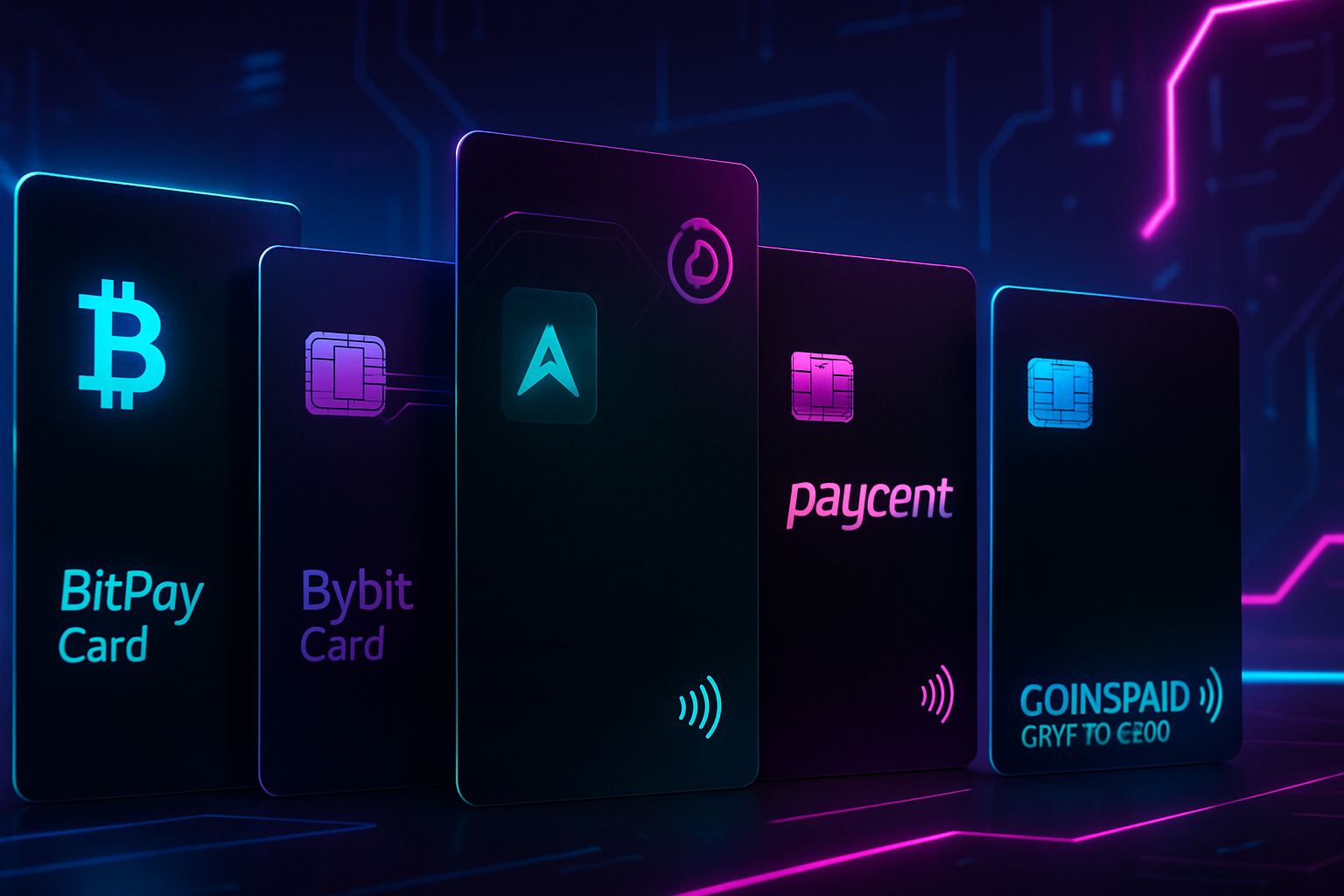
As the global appetite for privacy-focused financial tools grows, no-KYC crypto credit cards are emerging as the premier choice for users who want to spend their digital assets without compromising personal information. In 2025, a new wave of anonymous crypto cards is making it possible to transact online and in-store without ID verification, a passport, or even a traditional bank account. This guide breaks down the best no-KYC crypto card options available today, focusing exclusively on providers that allow you to spend Bitcoin, USDT, and other major cryptocurrencies with minimal or zero identity checks.

Why Choose No-KYC Crypto Credit Cards in 2025?
The demand for private crypto spending has never been higher. With regulatory scrutiny increasing worldwide, many users are seeking alternatives that preserve financial autonomy and anonymity. No-KYC crypto cards offer several key benefits:
- No identity documents required: Skip passport uploads and intrusive verification.
- No bank account needed: Fund your card directly from your crypto wallet.
- Fast issuance: Most virtual cards are delivered instantly after payment.
- Global acceptance: Use your card at millions of merchants worldwide.
This new generation of cards is ideal for freelancers, digital nomads, and anyone who values privacy in their financial transactions.
The Top 10 No-KYC Crypto Credit and Debit Cards for 2025
Top 10 No-KYC Crypto Credit & Debit Cards (2025)
-

Bitpay Card (No-KYC Virtual Option): Bitpay offers a virtual crypto debit card that allows users to spend Bitcoin and other cryptocurrencies without full KYC for low-value, virtual card use. The card can be loaded instantly and used online wherever Mastercard is accepted, making it a popular choice for private, small-scale crypto spending.
-
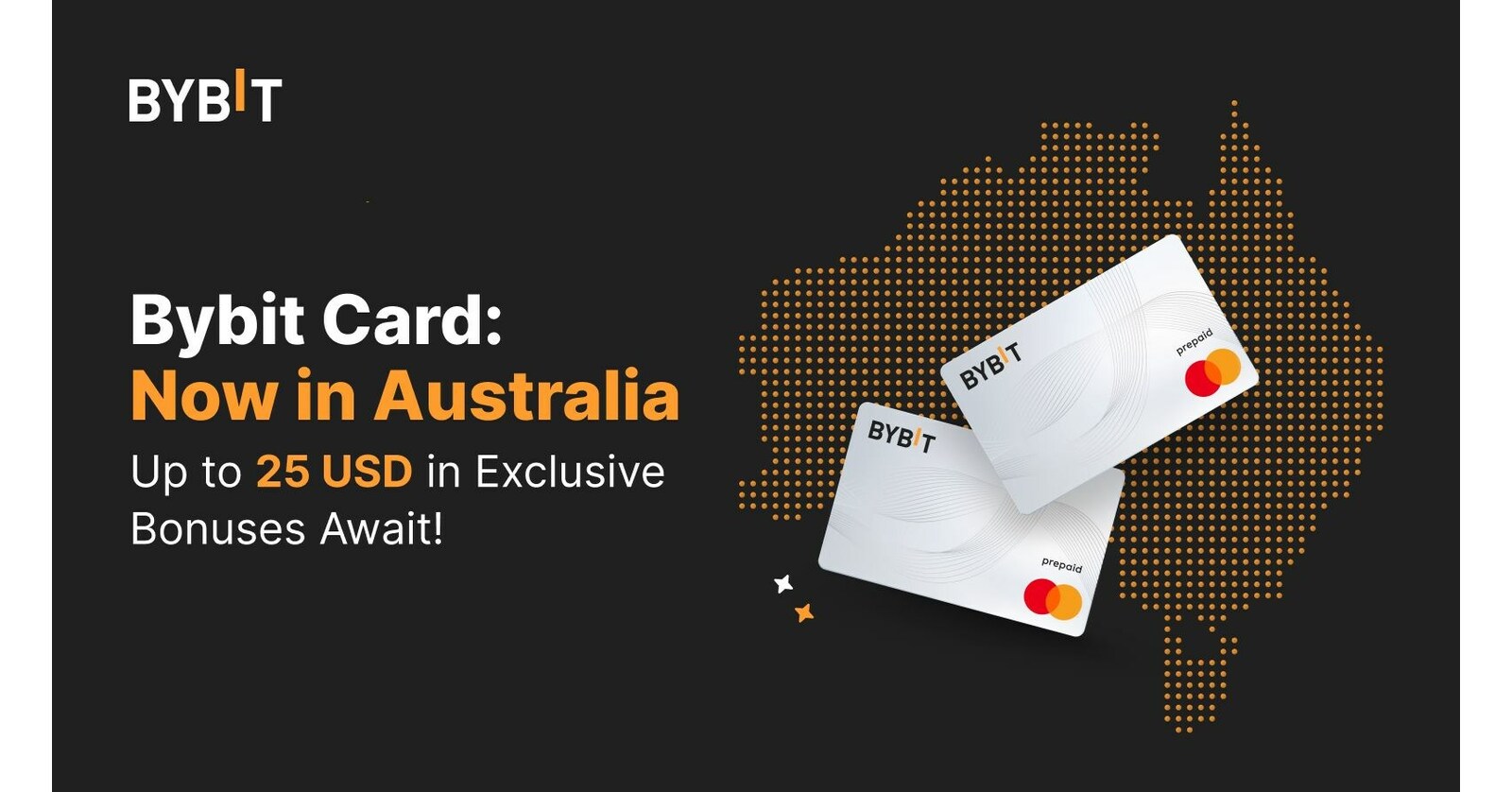
Bybit Card (No-KYC for Low Limits): Bybit’s crypto card enables users to spend their crypto assets with minimal verification for small transactions. For low spending amounts, no KYC is required, providing a convenient way to use crypto for everyday purchases while maintaining privacy.
-
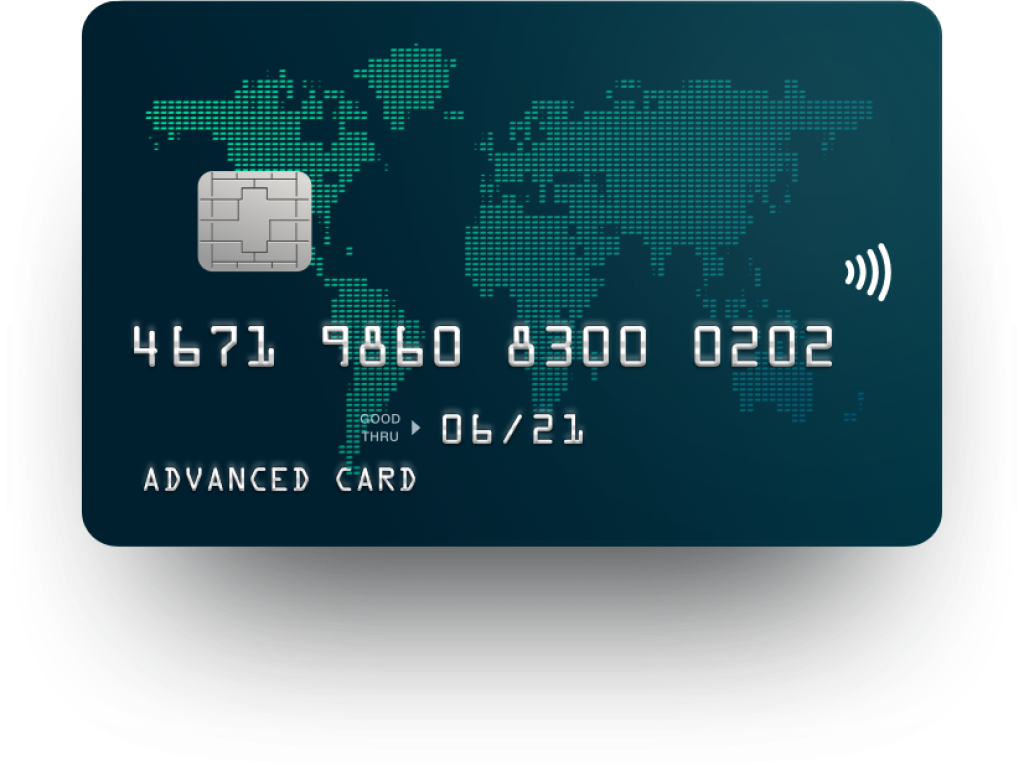
Advcash Crypto Card (Anonymous Option): Advcash offers a crypto card solution that allows anonymous usage for basic tiers. Users can order and top up the card with Bitcoin, Ethereum, and other cryptocurrencies without identity verification, ideal for privacy-focused users.
-
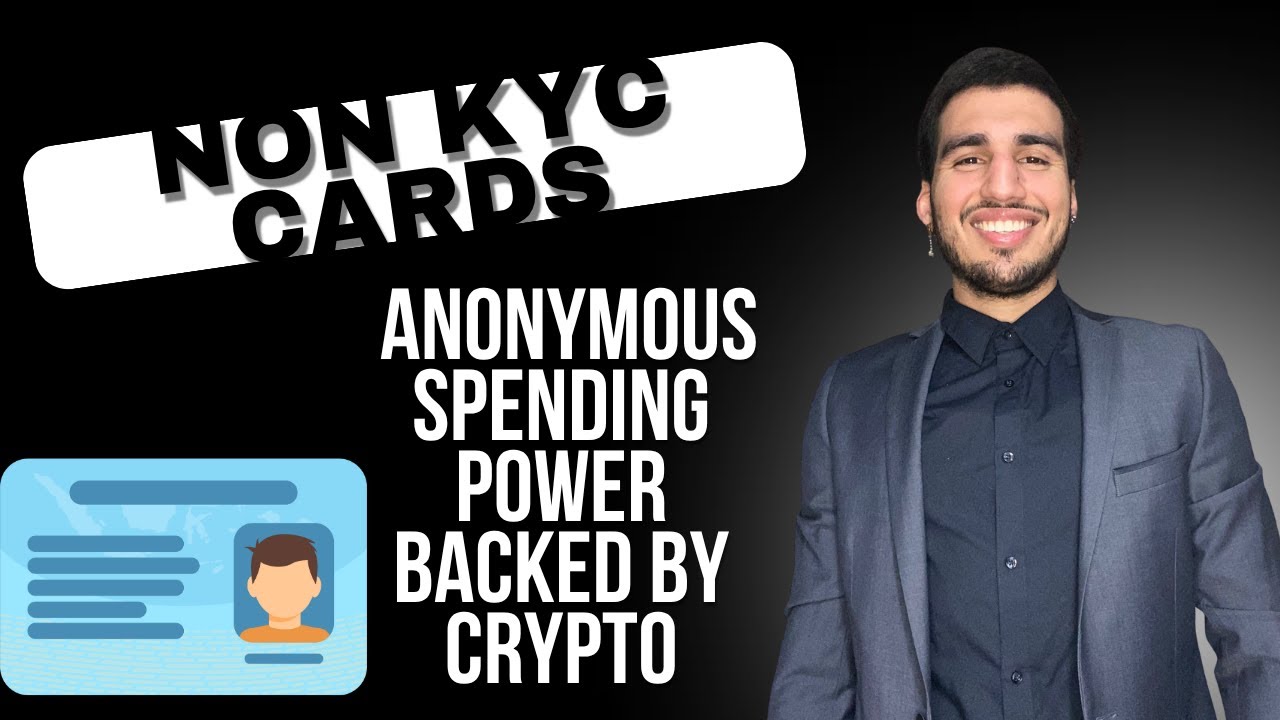
Paycent Crypto Card (No ID for Basic Tier): Paycent provides a crypto debit card that does not require ID verification for its entry-level tier. Users can spend Bitcoin and USDT globally, making it a practical option for those seeking private crypto spending with no KYC.
-

CoinsPaid Crypto Card (No KYC Required): CoinsPaid issues prepaid crypto cards that can be loaded and used without KYC for limited volumes. The card supports multiple cryptocurrencies and is accepted at millions of merchants worldwide.
-
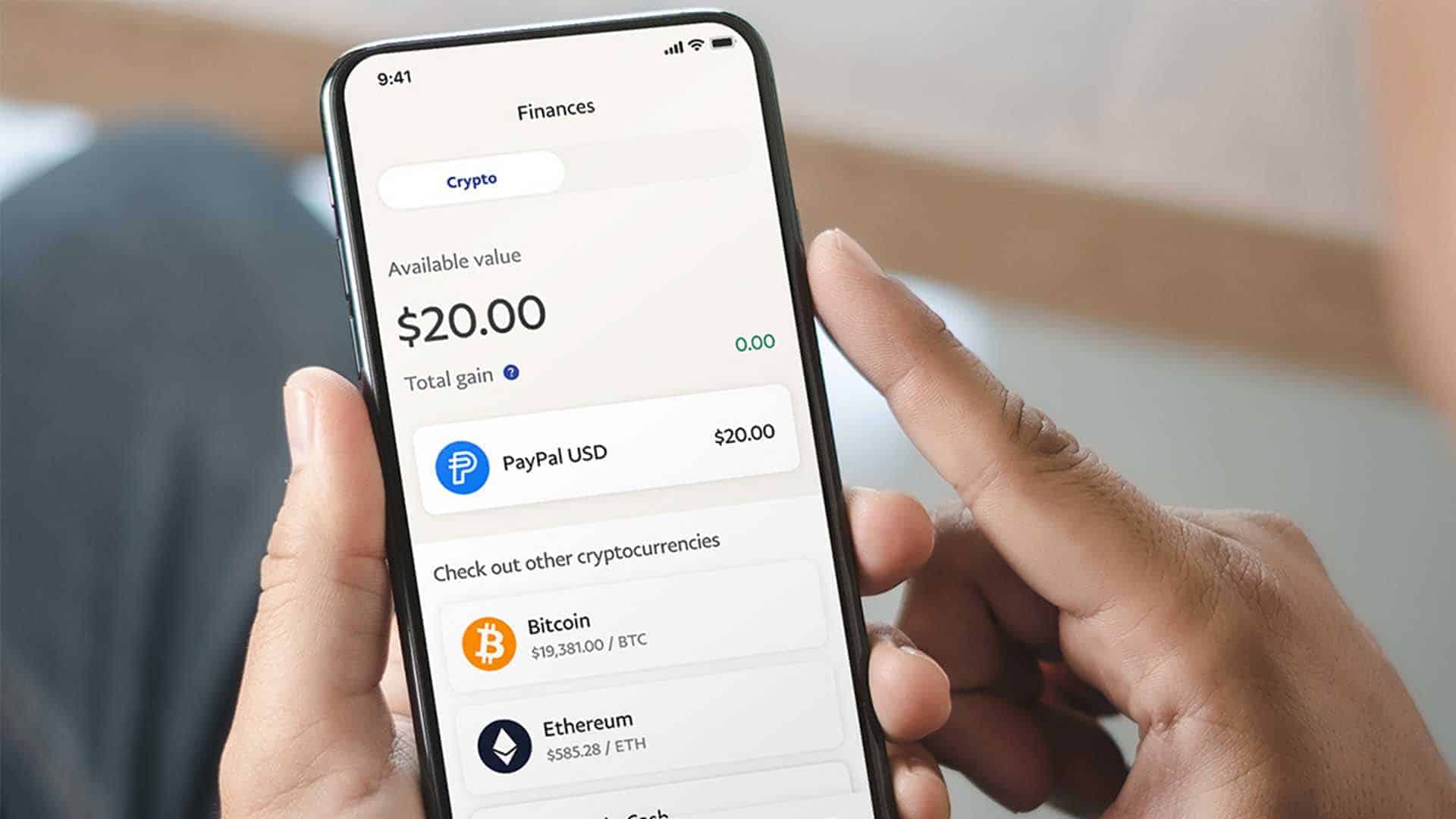
SpectroCoin Prepaid Crypto Card (No-KYC Tier): SpectroCoin offers a prepaid crypto card with a no-KYC tier for low-volume spending. Users can top up with Bitcoin and other major cryptocurrencies and use the card for online and in-store payments.
-
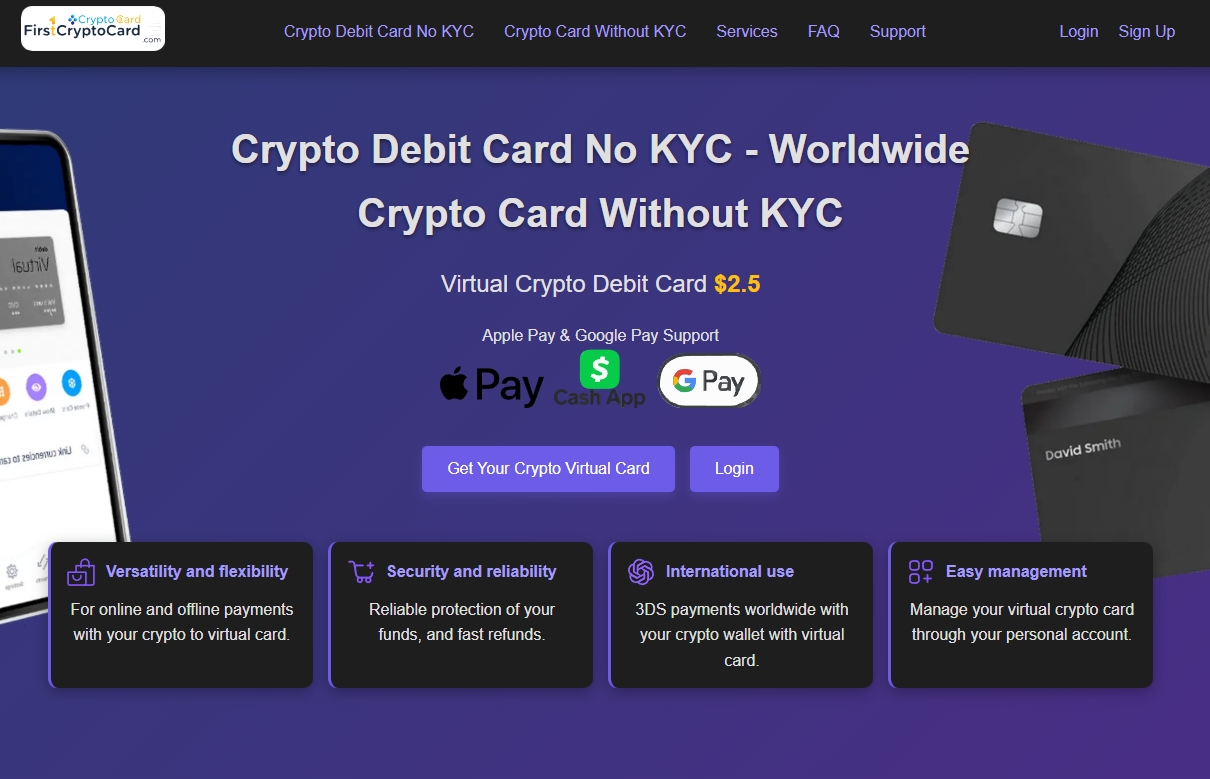
Uquid Virtual Crypto Card (Anonymous Top-Up): Uquid provides a virtual crypto card that allows anonymous top-ups and spending for small transaction amounts. The card can be loaded with a wide range of cryptocurrencies and used online for private purchases.
-
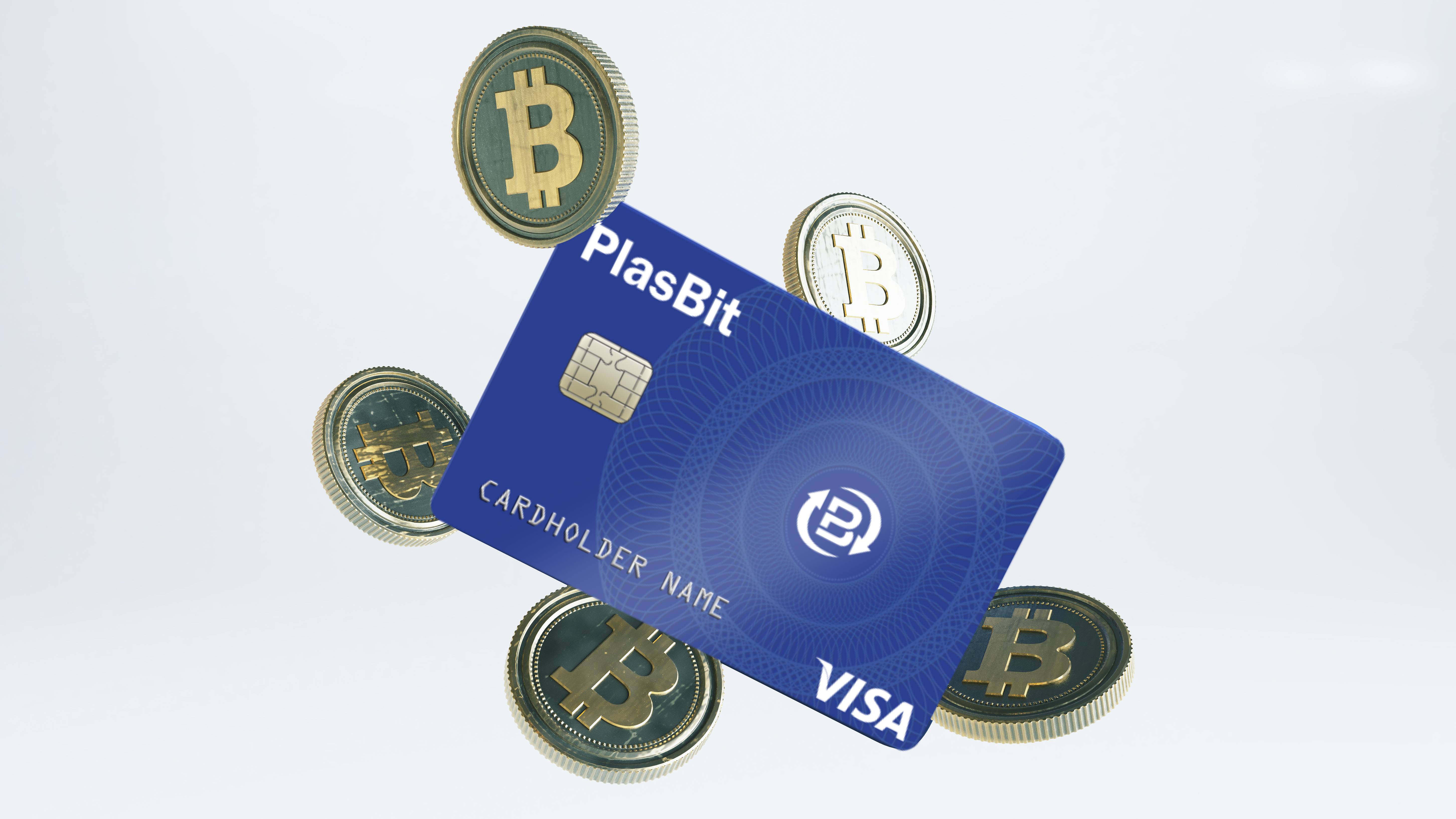
PlasBit Anonymous Crypto Debit Card: PlasBit issues anonymous crypto debit cards that require no identity verification for basic use. The card can be funded with Bitcoin, USDT, and other assets, and is accepted globally for both online and offline transactions.
-
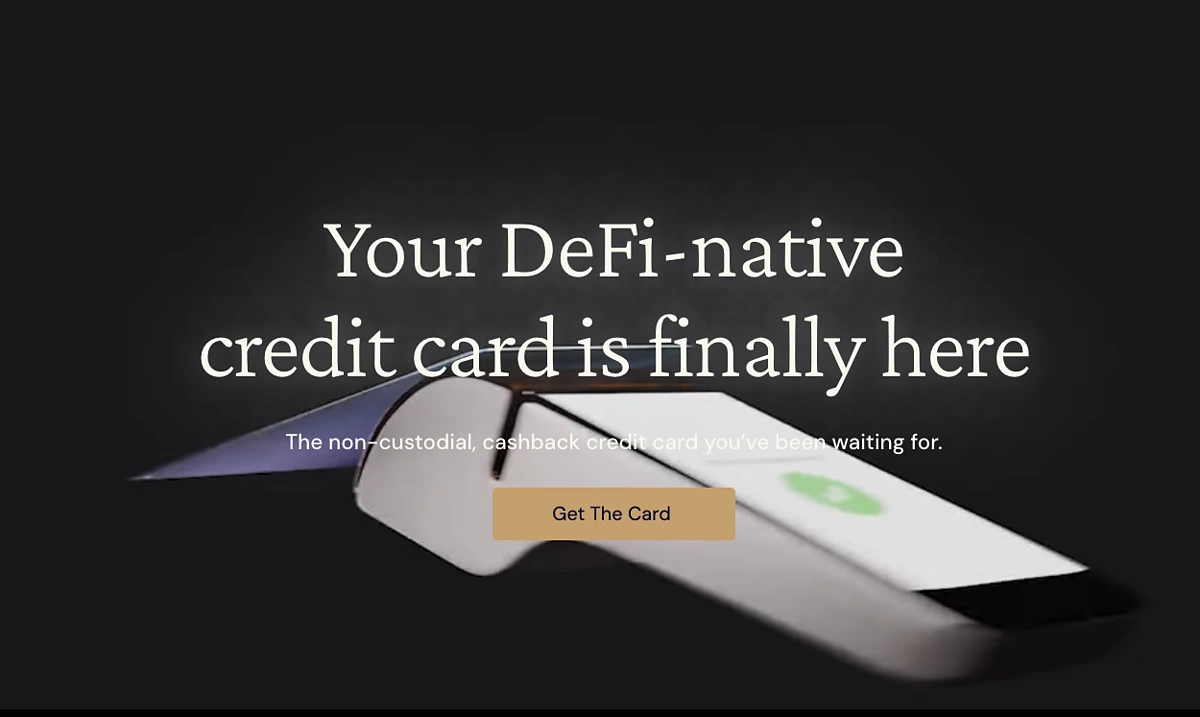
Crypton Exchange Card (No ID Needed): Crypton Exchange offers a crypto card that can be ordered and used without submitting identification. The card is suitable for users who prioritize privacy and want to spend crypto seamlessly.
-
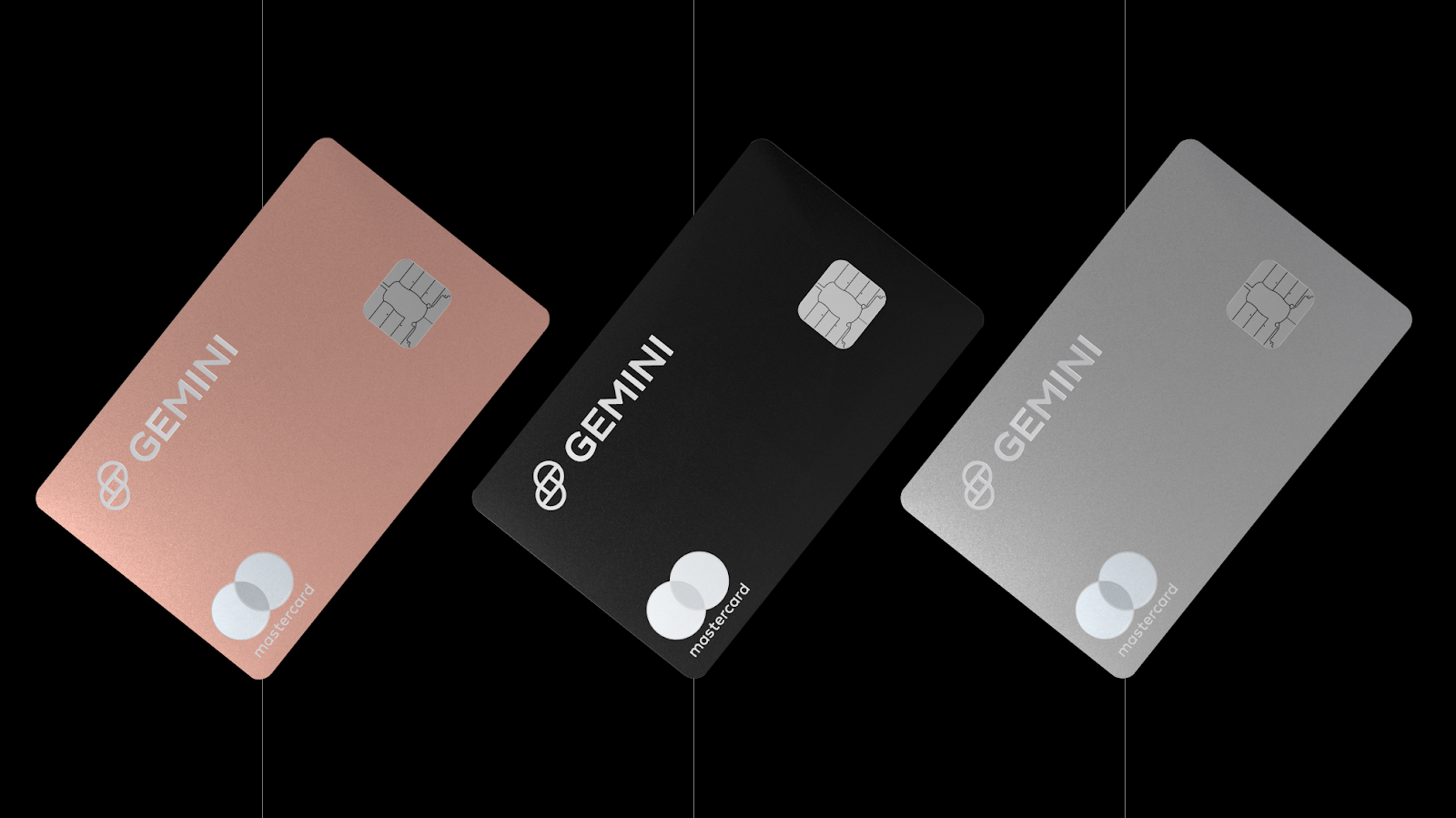
Monolith Visa Prepaid Crypto Card (Minimal KYC for Small Volumes): Monolith’s prepaid Visa card enables users to spend Ethereum and ERC-20 tokens with only minimal KYC for small transaction volumes. It’s a trusted option for those looking to maintain privacy while accessing mainstream payment networks.
The following providers have become standouts in the privacy space by offering flexible funding options, transparent fees, and robust support for major cryptocurrencies. Here’s how each one stacks up for anonymous usage:
1. Bitpay Card (No-KYC Virtual Option)
The Bitpay Card offers a virtual version that can be used without full KYC if you stick to lower funding limits. This makes it accessible for smaller purchases while still supporting Bitcoin and other leading coins. The card is accepted wherever Mastercard is supported online.
2. Bybit Card (No-KYC for Low Limits)
The Bybit Card allows users to spend their crypto with minimal verification requirements at lower transaction thresholds. It’s a viable solution if you want to maintain anonymity but still access Visa’s global network for everyday spending.
3. Advcash Crypto Card (Anonymous Option)
An established name among privacy advocates, Advcash provides an anonymous tier where you can order and use a prepaid crypto card with only basic registration details, no ID upload needed unless you want higher limits or physical delivery.
Key Features Comparison
| Card Provider | KYC Requirement | Main Benefit |
|---|---|---|
| Bitpay Card | No KYC (virtual/low limits) | Mainstream acceptance; supports multiple cryptos |
| Bybit Card | No KYC (for low tiers) | User-friendly interface; Visa network access |
| Advcash Crypto Card | No KYC (basic tier) | Pseudonymous use; fiat withdrawals available |
4. Paycent Crypto Card (No ID for Basic Tier)
The Paycent Card enables no-ID signups at its basic tier, letting you load BTC or ETH straight onto your prepaid debit card. Upgrade options exist if you later need higher spending limits or ATM withdrawals.
5. CoinsPaid Crypto Card (No KYC Required)
This virtual-only option stands out by requiring zero personal details, just an email address is enough to get started. CoinsPaid supports seamless top-ups from multiple blockchains and can be used instantly after creation.
The Rise of Anonymous Crypto Cards: Trends and Considerations
No-KYC solutions are rapidly evolving as more people opt out of traditional finance systems in favor of self-custody and privacy-first products. However, it’s important to compare features such as activation fees, daily/monthly limits, supported cryptocurrencies, and compatibility with payment apps like Apple Pay or Google Pay before choosing a provider.
6. SpectroCoin Prepaid Crypto Card (No-KYC Tier)
SpectroCoin’s prepaid crypto card offers a no-KYC tier that enables anonymous top-ups and spending for smaller amounts. This makes it a practical option for users who value privacy and only need to transact moderate sums. The card is accepted both online and at physical retailers, supporting Bitcoin and several altcoins.
7. Uquid Virtual Crypto Card (Anonymous Top-Up)
Uquid’s virtual crypto card allows for anonymous funding, letting you load Bitcoin or USDT without submitting identification documents. While higher limits require verification, the basic tier is ideal for those who wish to maintain privacy for everyday purchases or subscriptions.
8. PlasBit Anonymous Crypto Debit Card
PlasBit stands out for its focus on user anonymity. Registration requires only minimal details, and you can order a virtual debit card without KYC checks. The platform supports multiple cryptocurrencies and is suitable for both online shopping and digital services.
9. Crypton Exchange Card (No ID Needed)
The Crypton Exchange Card delivers truly anonymous usage by not requiring any ID or personal information at signup. Users can load their cards with crypto directly from the exchange wallet, making it one of the most private solutions available in 2025.
10. Monolith Visa Prepaid Crypto Card (Minimal KYC for Small Volumes)
Monolith’s Visa prepaid card offers minimal KYC requirements when transacting small volumes, allowing you to spend Ethereum-based assets with little friction. For larger limits or physical cards, further verification is required, but the entry-level tier keeps onboarding simple and private.
Top 10 No-KYC Crypto Credit Cards for 2025: Fees, Supported Coins, Limits & Pay Compatibility
| Card Name | Fees | Supported Coins | Spending Limits | Apple/Google Pay Compatibility |
|---|---|---|---|---|
| Bitpay Card (No-KYC Virtual Option) | No annual fee; transaction fees may apply | BTC, ETH, USDT, BCH, LTC | Varies by card type; virtual card for small/medium spends | Apple Pay & Google Pay |
| Bybit Card (No-KYC for Low Limits) | No monthly fee; transaction fees apply | BTC, ETH, USDT, USDC | Low limits without KYC (exact limit undisclosed) | Apple Pay & Google Pay |
| Advcash Crypto Card (Anonymous Option) | $5 issuance; 2.5% top-up fee | BTC, ETH, USDT, LTC, BCH | Up to $1,000/month without ID | Apple Pay & Google Pay |
| Paycent Crypto Card (No ID for Basic Tier) | $2.50 activation; 3% transaction fee | BTC, ETH, LTC, DASH | Basic tier: up to $250/day | Apple Pay & Google Pay |
| CoinsPaid Crypto Card (No KYC Required) | $6 issuance; 2% transaction fee | BTC, ETH, USDT, BCH, LTC | $2,000 daily limit without KYC | Apple Pay & Google Pay |
| SpectroCoin Prepaid Crypto Card (No-KYC Tier) | €9 issuance; €1.5/month maintenance | BTC, ETH, USDT, XEM, DASH | Up to €2,500/month for no-KYC tier | Apple Pay & Google Pay |
| Uquid Virtual Crypto Card (Anonymous Top-Up) | $1.99 issuance; 2.5% top-up fee | BTC, ETH, USDT, BNB, TRX | $500/day for anonymous tier | Apple Pay & Google Pay |
| PlasBit Anonymous Crypto Debit Card | $10 issuance; 3% transaction fee | BTC, ETH, USDT, LTC, BCH | $1,000/month for anonymous users | Apple Pay & Google Pay |
| Crypton Exchange Card (No ID Needed) | $5 issuance; 2% top-up fee | BTC, ETH, USDT, XMR | $1,500/month for no-KYC users | Apple Pay & Google Pay |
| Monolith Visa Prepaid Crypto Card (Minimal KYC for Small Volumes) | No issuance fee; 1.75% transaction fee | ETH, DAI | Small volumes: up to $500/month | Apple Pay & Google Pay |
How to ChooseThe Right No-KYC Crypto Card
With so many options available in 2025, selecting the best no-KYC crypto credit card depends on your priorities:
- Transaction Limits: If you plan to spend large amounts, check which providers offer higher daily or monthly caps without full KYC.
- Crypto Support: Ensure your preferred coins, like Bitcoin (BTC), Ethereum (ETH), or stablecoins, are accepted.
- Fee Structure: Compare activation fees, monthly charges, reload costs, and foreign transaction rates.
- Payment App Integration: If you want seamless tap-to-pay functionality, look for Apple Pay or Google Pay compatibility.
- Geographical Access: Some cards are region-locked; verify service availability in your country before signing up.
The landscape of anonymous crypto cards will keep evolving as demand grows and regulations shift globally. By carefully evaluating your needs, whether it’s maximum privacy with low limits or higher spending power with minimal data, you can find a solution that fits your lifestyle without sacrificing control over your financial identity.






